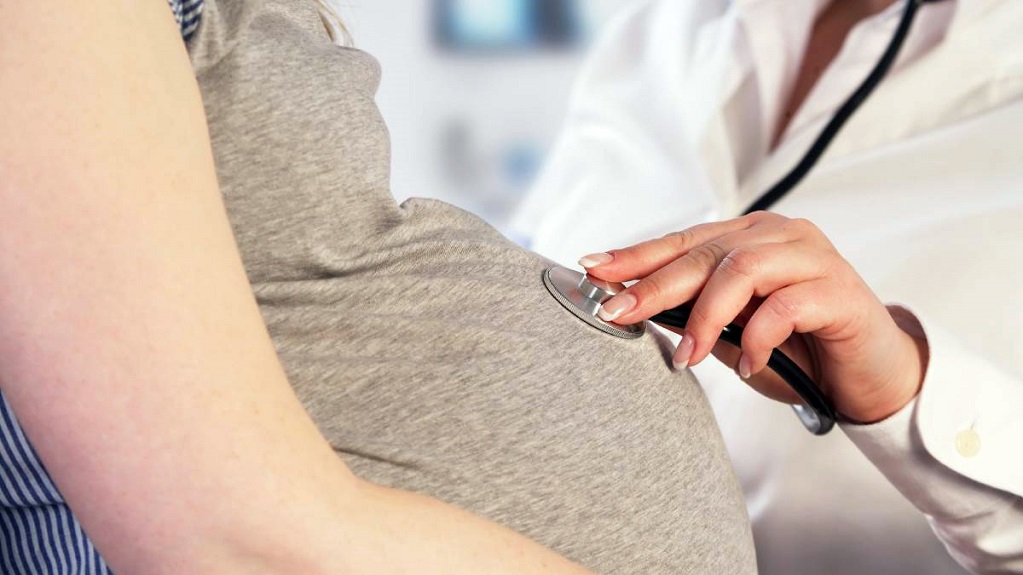The Georgian Government is planning to ban surrogacy and in vitro fertilization for foreign citizens from January 1, 2024. Prime Minister Irakli Garibashvili and Minister of Health Zurab Azarashvili made the announcement today. The government has prepared the relevant bill and will register it in the parliament this week. Legislative procedures are to be finalized in autumn.
News
“Some time ago, we created a council working on demographic issues. One of the problematic issues that surfaced was surrogacy and related problems. We are seeing that some foreigners have turned this issue into a business, and there haven't been any regulations on this matter in the later years. We studied European examples. In such highly developed countries as France, Germany, Spain, Switzerland, Sweden, Finland, Italy, Lithuania, Estonia, and so on - surrogacy is completely banned. There are countries where a hybrid model is practiced - for example, Belgium, the United Kingdom, Denmark, Canada, Australia, and New Zealand.
The new draft law will allow it only for Georgian citizens, that is, foreign citizens will no longer be able to order [babies], so to speak. I don't want to sound rude, but they are literally placing orders. The dealings happen online, too, and there's a lot of advertising for such services, and I think it's very disturbing to leave this issue unregulated,” stated Garibashvili.
According to the prime minister, women are offered lucrative deals, and then nobody knows where a child born in Georgia is being taken or by whom.
“There have been reports that children born here may be taken away by same-sex couples, and a lot of other problems may arise. The Ministry of Health also came across other difficulties, so all of this needs regulating.
This practice should only be allowed for Georgian citizens. There are a lot of our compatriots who cannot have children and have to resort to surrogacy, and of course, they should have this opportunity. This will help demographics, and I generally think we should leave this option only to our citizens.”
At the briefing held after the government session, the Minister of IDPs from the Occupied Territories, Labor, Health and Social Protection, Zurab Azarashvili added that the restrictions will not only apply to surrogacy but also to in vitro fertilization.
“We are taking a lot of measures regarding demographic problems in the country, and this can be one of the means to promote the proliferation of Georgians. We will allow both surrogacy and in vitro fertilization exclusively for Georgians,” said Azarashvili.
According to the Minister of Health, the non-regulation of this area opened doors for “unethical and very bad practice”: “It exposed many people to various potential dangers, for example, the possibility of child trafficking (I don't want to speculate). Unfortunately, we have such sad facts. Also, another great challenge is organ trafficking. Now, we are clearly defining that these practices will only be allowed for Georgian citizens. It will be included in this law that all kinds of advertising are prohibited in the country, because unfortunately there are offers related to surrogacy or in vitro fertilization both from inside and outside the country through different social networks, different means, on the street, in the subways. This unfortunate practice will be monitored and eliminated.”
According to Azarashvili, a citizen of Georgia who wants to be a donor or surrogate should act out of the principle of altruism.
“An important and fundamental aspect being regulated by this law is the principle of altruism. A citizen of Georgia, who wants to become a donor or surrogate, should act out of the principle of altruism and receive only the compensation that covers the inconvenience and expenses that come with this process,” he said.
The Minister of Health noted that five years ago, there were approximately 1,000 cases of birth of a child through surrogacy and in vitro fertilization, and today there are more than 2,000 cases per year – “given that this is an expensive procedure, the clients are mostly non-Georgian citizens.”
Surrogacy and in vitro fertilization are used by couples who cannot have a child. During in vitro fertilization, the egg (biological mother or donor) is fertilized outside the body and then transferred to the uterus. When the biological mother cannot carry the fetus herself, a surrogate is used. Thus, the fertilized eggs are implanted in the surrogate's uterus. At this time, the surrogate has no biological connection with the child. Also, it is possible for the surrogate to be both the egg donor and the fetus carrier at the same time.















